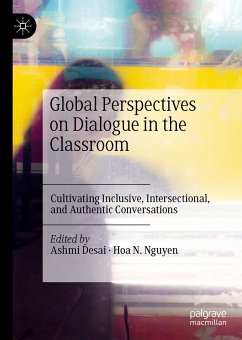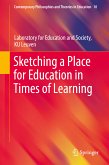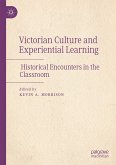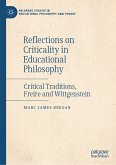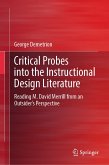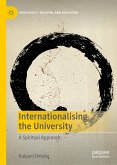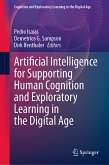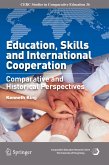This book explores globally-informed, culturally-rooted approaches to dialogue in the classroom. It seeks to fill gaps in communication and education literature related to decolonizing dialogue and breaking binaries by decentering Eurocentric perspectives and providing space for dialogic practices grounded in cultural wealth of students and teachers. We first describe the book's genesis, contextualize dialogue within the global impact of the COVID-19 pandemic, and share guiding concepts of inclusion, intersectionality, and authenticity in dialogue and pedagogy. We also distinguish dialogue from other practices and times in which dialogue may not be possible. The book brings fresh and urgent perspectives from authors across different disciplines, including ceramics, religious studies, cultural studies, communication, family therapy, and conflict resolution. The chapters distill the idea of dialogue within contexts like a bible circle, university sculpture studio, trauma and peacebuilding program, and connect dialogue to teaching, learning, and emerging ideas of power disruption, in-betweenness, and relationality.
Ashmi Desai is Assistant Professor in Public Dialogue and Confl ict Management in the Department of Communication Studies at San Francisco State University, USA. As a community-based researcher, her teaching and research interests involve dialogic pedagogy, international and intercultural communication, conflict management tools and approaches, and representations of culture, home and belonging.
Hoa N. Nguyen is Assistant Professor in the Family Therapy Program in the Department of Human Services at Valdosta State University, USA. Her teaching and research focus on dialogic practices, ethics, cultural humility, and social justice in family therapy.
Dieser Download kann aus rechtlichen Gründen nur mit Rechnungsadresse in A, B, BG, CY, CZ, D, DK, EW, E, FIN, F, GR, HR, H, IRL, I, LT, L, LR, M, NL, PL, P, R, S, SLO, SK ausgeliefert werden.

